Microsoft's hackathon draws to a close but what did it achieve?
3 min. read
Published on
Read our disclosure page to find out how can you help Windows Report sustain the editorial team. Read more
Microsoft’s 2015 //oneweek Hackathon has just drawn to a close and participating developers have now finished their inspiring, and often ambitious, projects. Among some of the cooler projects explored over the event’s past three days were;
- Team Bumblebee’s smartphone app that provides text messages for users with hearing impairment.
- A program called, Neuroversity that aims to teach people with Autism valuable career skills.
- Dyslexicon. An app that uses a phone’s camera to convert text into a dyslexic specific typeface.
- The OneBike project that provides more detailed information on a cyclist’s ride while simultaneously charging their Windows Phone when the bike is in motion.
- Emotion Band. A special device for helping sufferers of PTSD by sending help messages to trusted recipients of the wearer.
- A special initiative named, Hack4Asia which tasked teams with the specific goal of finding ways to empower people in Asia. One particularly inspiring project to come out of Hack4Asia was, Kisan 4 You, a Windows Phone app designed to educate and modernize farmers in India.
Microsoft’s hackathon event is as much about encouraging the creation of new ideas and concepts as it is about celebrating programming as a whole and providing exposure to groups that wouldn’t normally receive as much publicity otherwise. This year’s hackathon was the first time Microsoft had organized such an event and is apparently part of CEO Satya Nadella’s strategy to reinvent the way Microsoft does business by moving away from its typical September annual employee meeting and providing a venue for employees to create and be inspired.
Microsoft’s corporate vice president of Communications, Frank X. Shaw explains the company’s reasoning in an interview on the official Microsoft blog, “When you’re trying to drive a cultural change like this, you always want to look for moments in time where you can make it real for people,” said Shaw. “But, if you don’t find the moment for people to actually take action, then it doesn’t provide the kind of change you want. The hackathon gives us the opportunity to build that muscle and say, ‘I learned something. I swam in data. I did something that I hadn’t been doing as part of my day job.’”
What do you think about Microsoft’s 2015 hackathon and which project was your favorite? Do you think they should do another one next year? Let us know in the comments below.

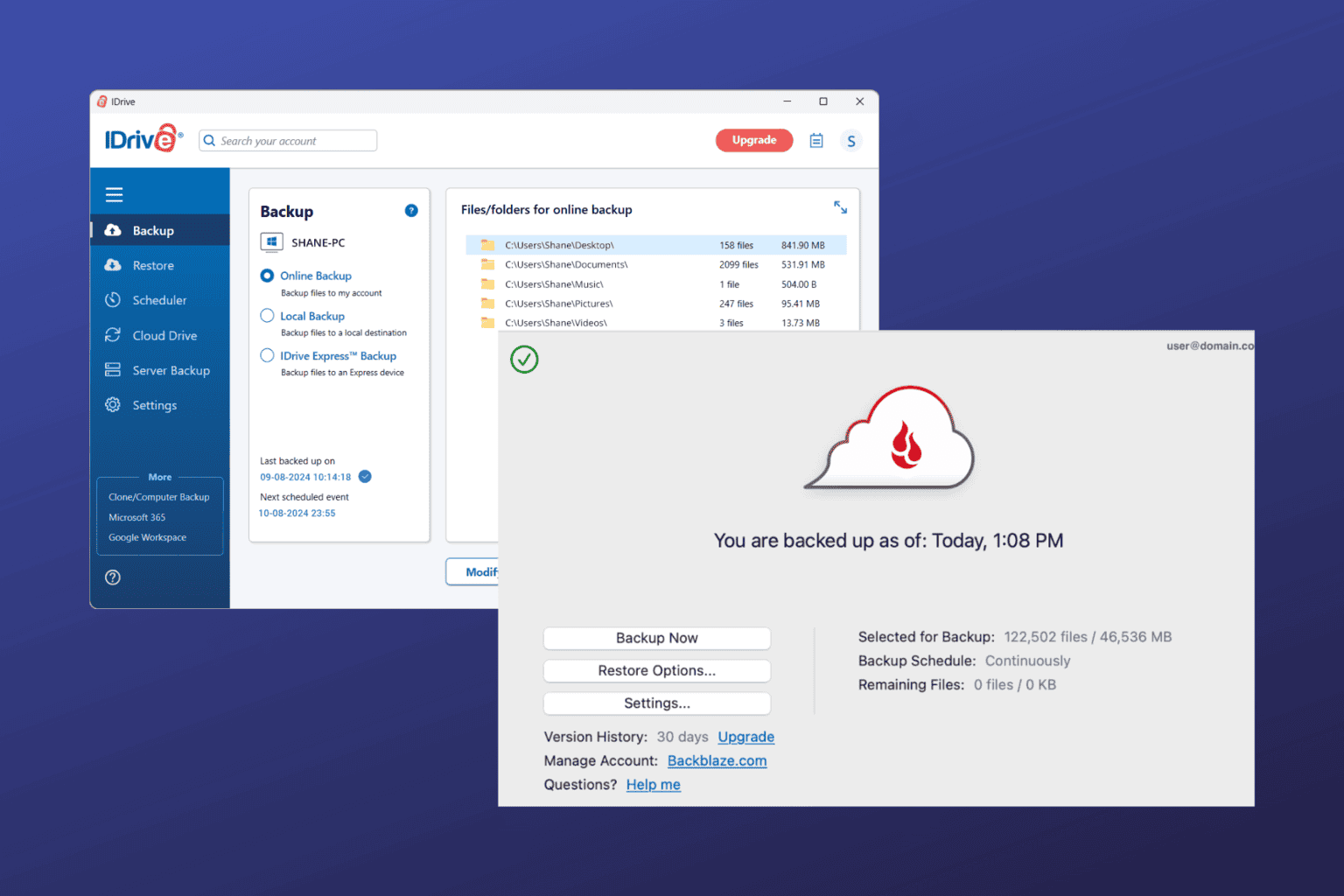
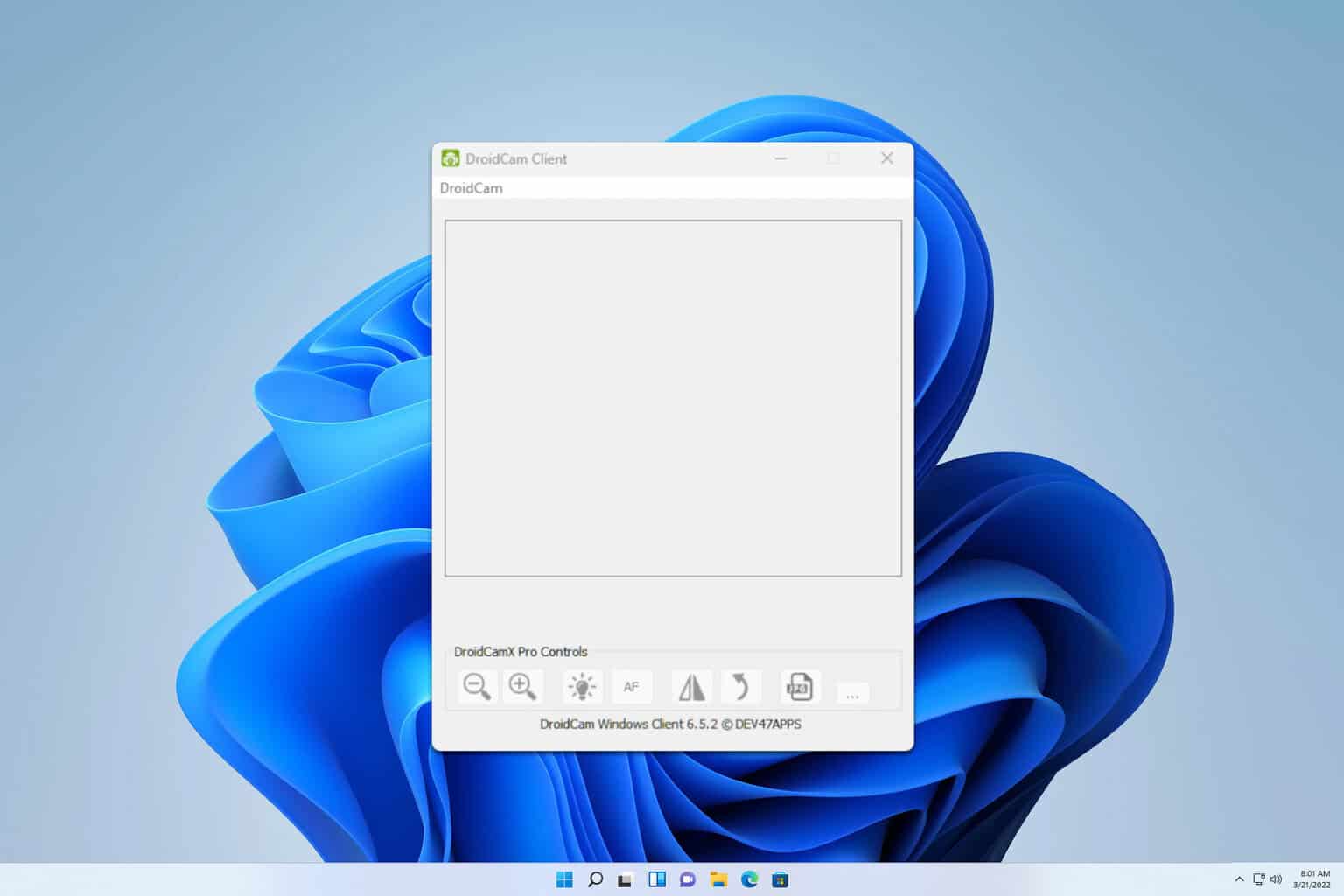
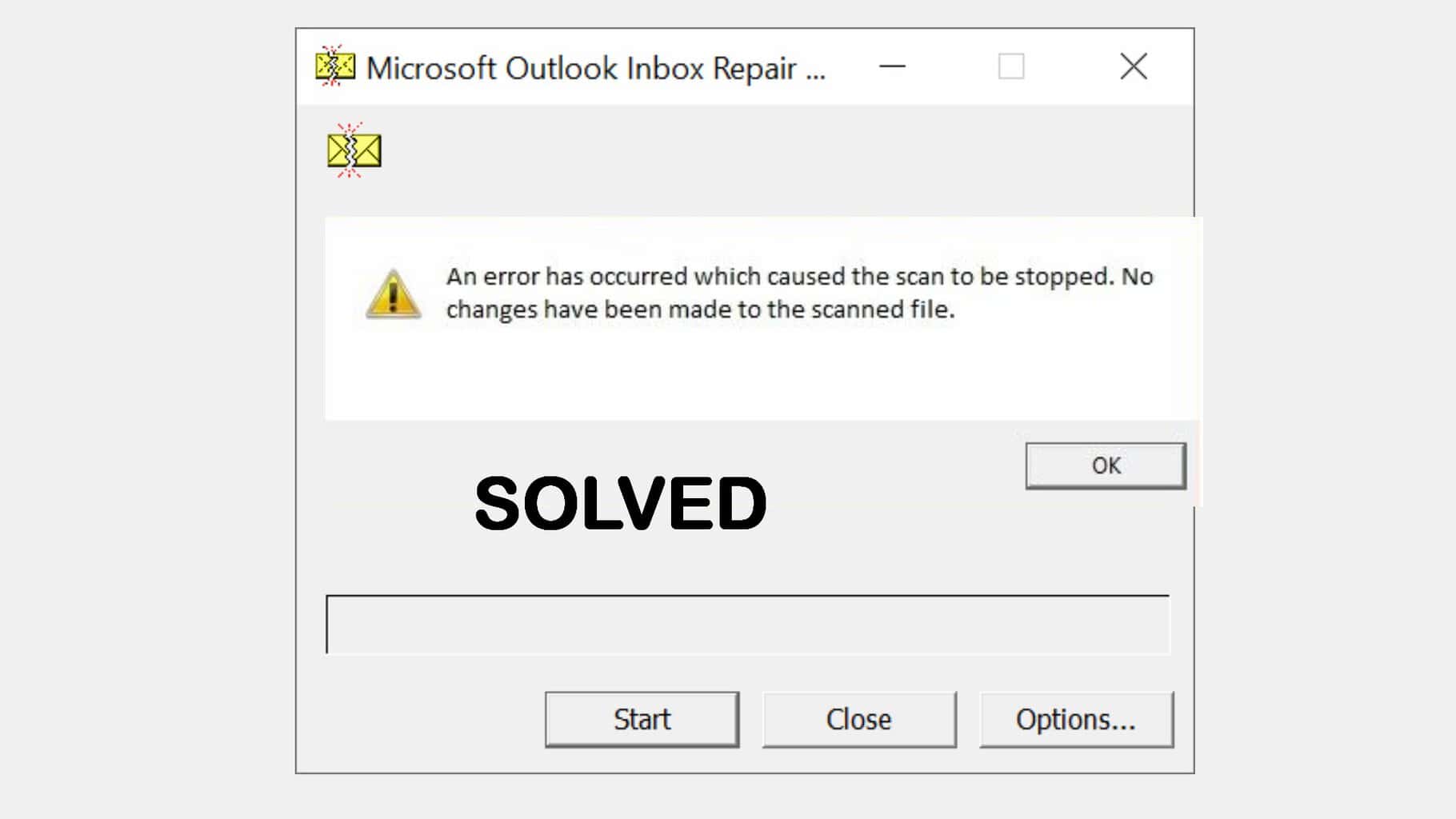
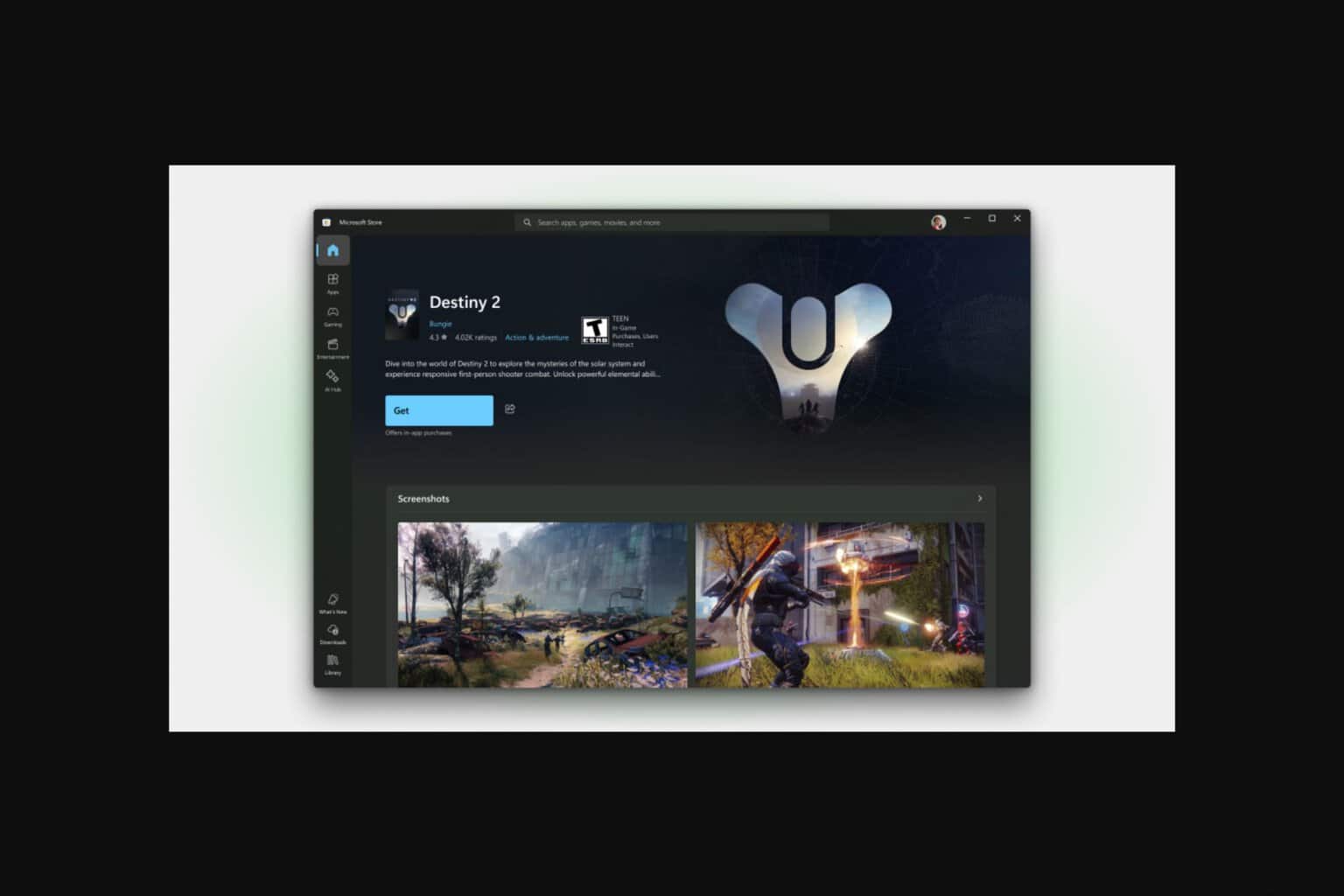

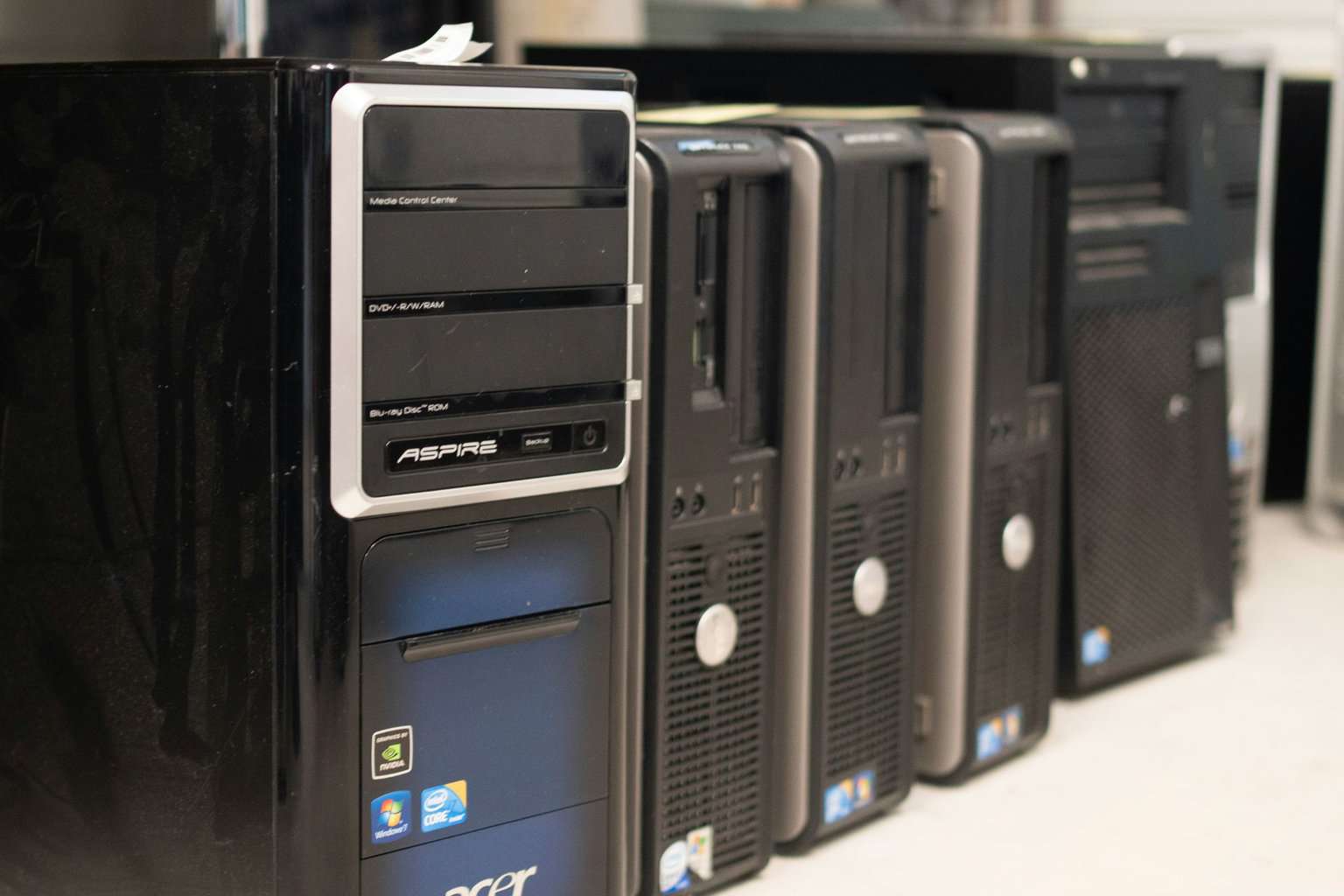
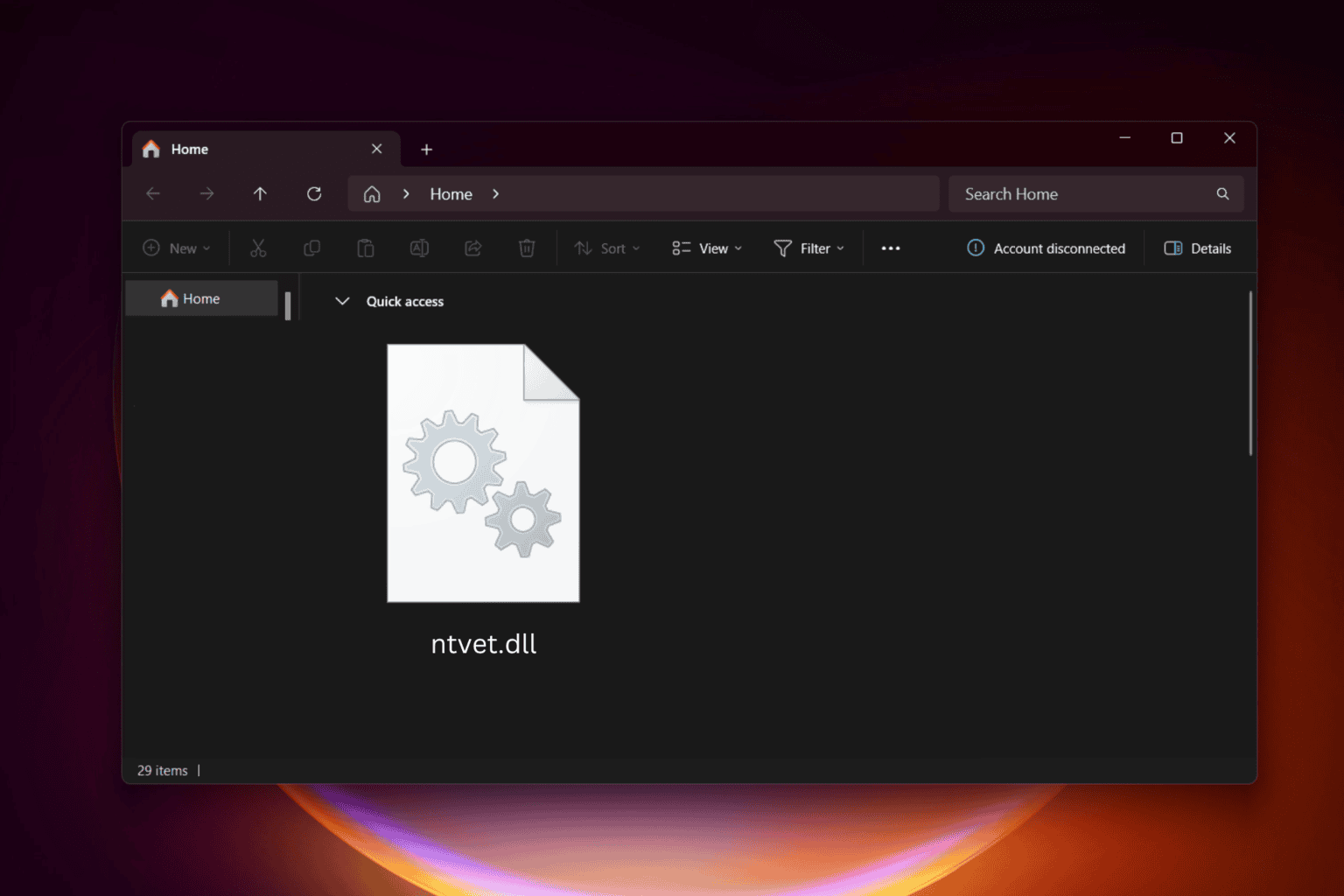
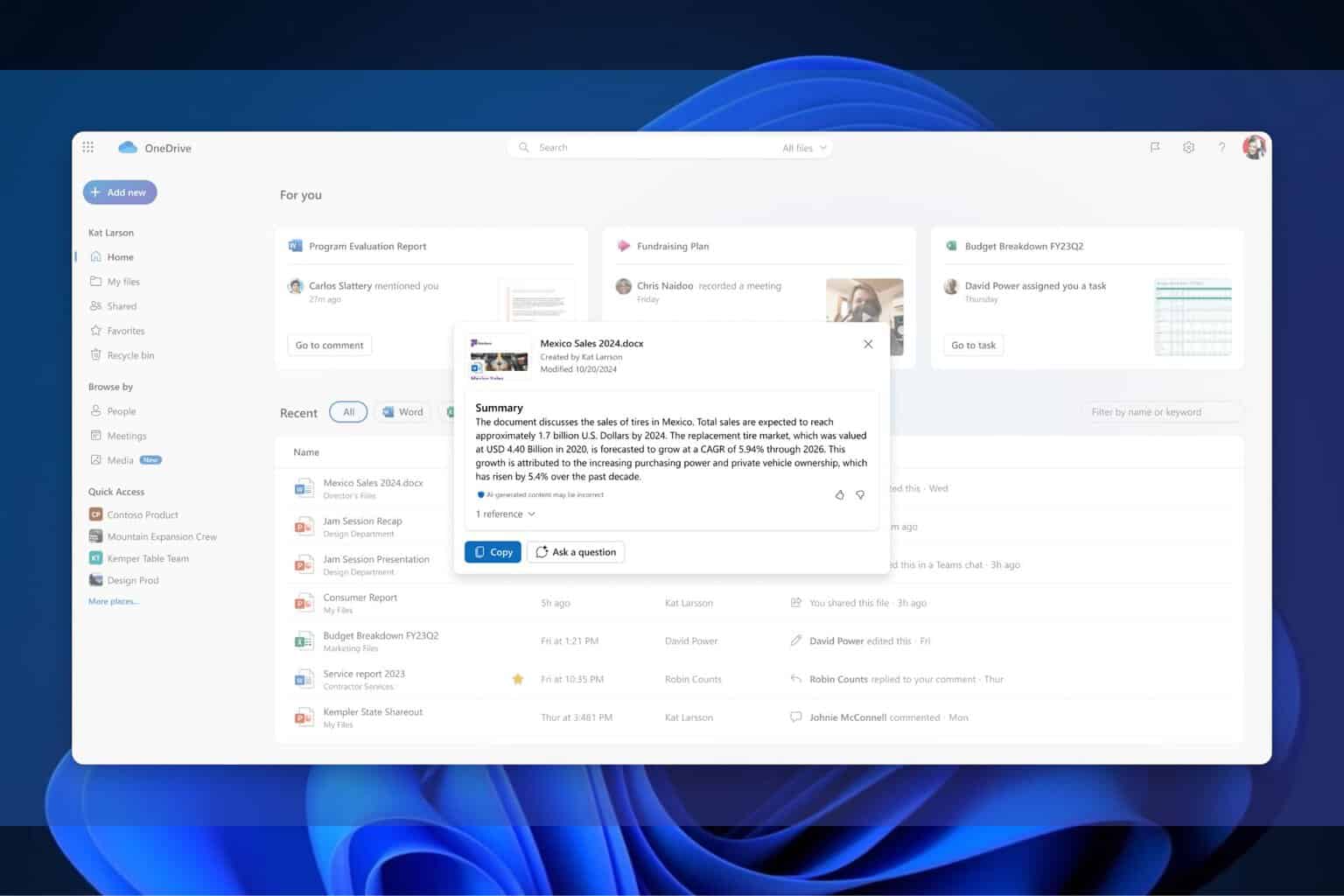
User forum
0 messages